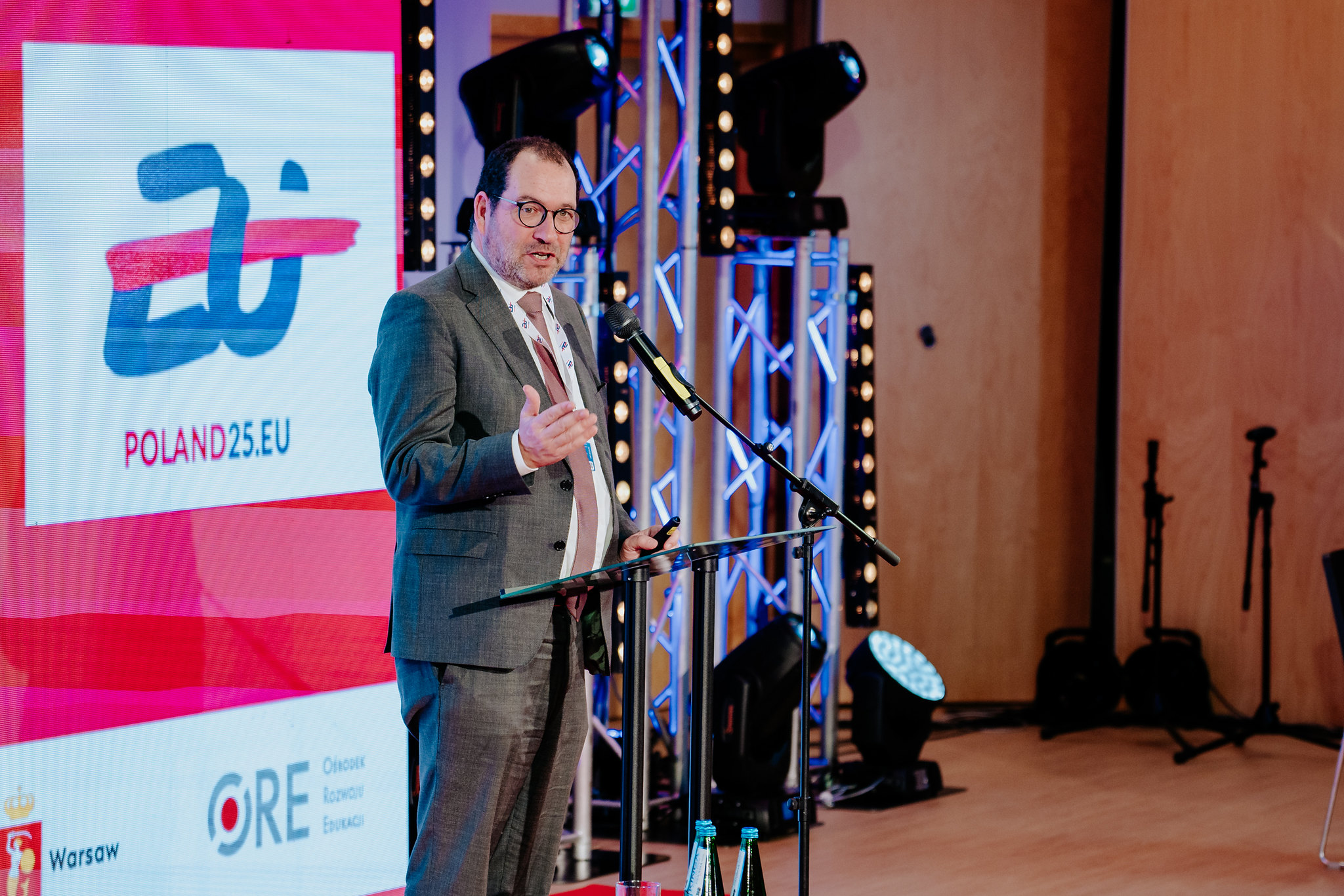The Council of the European Union (EU) conclusions on inclusive, learner-centred practices in early childhood education and care and school education, adopted on 12 May, represent a significant milestone and an important validation for EASNIE’s work with its member countries. The conclusions, which were prepared under the Polish Presidency of the Council, reaffirm the EU’s commitment to high-quality, equitable education as a fundamental right and a foundation for inclusive and democratic societies. They advocate for learner-centred approaches that respond to the needs of all learners and young people, in line with EASNIE’s vision and long-standing efforts.
The conclusions encourage greater co-operation between the European Commission and various international organisations that shape inclusive education policy and practice across Europe. They invite the Commission to:
Further cooperate and seek synergies with international organisations, independent agencies and other relevant international stakeholders, such as the European Agency for Special Needs and Inclusive Education, OECD, the International Association for the Evaluation of Educational Achievement (IEA), UNESCO, UNICEF and the European Statistical System to strengthen the evidence concerning inclusive education, while avoiding creating new structures.
Crucially, the Council’s statement underlines the relevance and sufficiency of existing expert bodies in the field, highlighting EASNIE as one of them. It reinforces the value of continuing to work with established organisations that already contribute meaningfully to developing inclusive education systems.
The full Council conclusions and a recording of the Council’s public session are available on the Council of the EU website.
